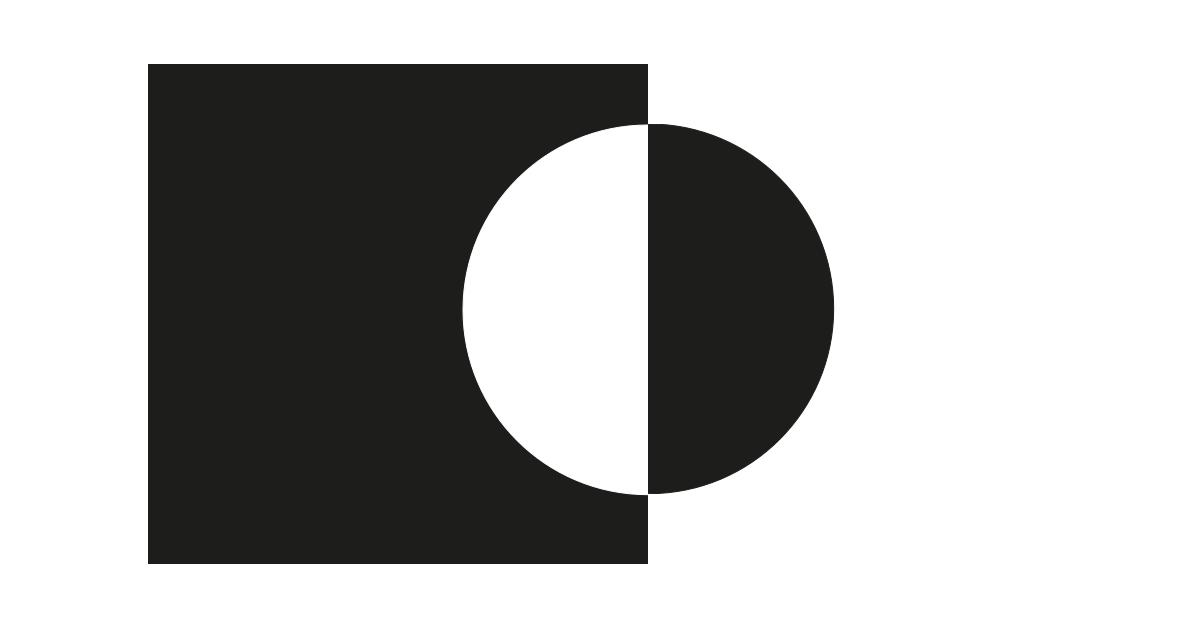
COVID-19 AND BRAND DISPUTES
In this post we address key concerns for big brands maintaining an effective enforcement strategy during the COVID-19 pandemic.
Infringers and COVID-19
Big brands will always be targeted by infringers – looking to take advantage of their reputations. This has not stopped during the COVID-19 pandemic; indeed, many brands are experiencing heightened vulnerability as consumers spend more and more time at home with increased visibility of infringing brands online.
Enforcement Strategy and COVID-19
At the same time, businesses are facing unprecedented challenges impacting on staffing and budgets – which can make it difficult to start new or maintain existing enforcement and litigation action. Abandoning all action is damaging for brands and is, thankfully, not necessary.
Instead, we encourage all brand owners to take a flexible approach to enforcement during this time (through embracing new technology, prioritising key cases, and taking advantage of deadline extensions as needed) to protect the long-term health of their brands.
To assist this approach, we consider some key issues for brand owners below:
- What will happen to my existing case?
The courts are aiming to operate business as usual. The High Court has put in place contingency planning for urgent work, and hearings are continuing to take place (see below). Unless notified otherwise, therefore, your case will continue as planned.
- What will happen to hearings?
Brand disputes are subject to the Civil Listing Priorities. This provides that urgent injunctions, hearings already listed in the next 3 months and any other urgent matters will be prioritised, and will likely proceed essentially on the same timescale as planned.
Other hearings will still take place, but expect some delays. All hearings will be conducted remotely, if at all possible. A new Civil Practice Direction (PD 51Y) has been issued to support this, along with a Protocol regarding remote hearings, and provisions regarding the use of video/audio technology in the new Coronavirus Act. Stobbs has already experienced this in acting on a recent Court of Appeal virtual hearing.
- What if I need to delay a deadline?
You can delay deadlines in existing proceedings, to give the business breathing space from the work and costs involved. CPR 3.8 already allows parties to extend most deadlines by agreement up to 28 days. New Practice Direction 51ZA extends this to 56 days. Beyond this, parties can apply for extensions by seeking permission from the court. The court will take into account the impact of the COVID-19 pandemic when considering such applications.
- What if I need to start a new case?
It is absolutely still possible to issue new claims and (as above) you can still obtain urgent injunctions to stop the launch of new infringing brands as needed. For less urgent cases, it is important to bear in mind that the cost of litigation is typically spread over 12-18 months, so whilst some upfront expenditure is required, this need not commit you to the cost of full proceedings during the height of the pandemic. Notably, following the issue of a Claim Form you will still have 4 months to serve proceedings (which can be extended indefinitely by agreement with the other side).
- Can I put off starting a new case?
It depends on the case, but you should be very cautious of doing so for the following reasons:
> Limitation Periods: You must take into account relevant limitation periods for the claim. For trade mark infringement, a claim must be brought within 6 years of the infringing conduct. For ongoing infringement this is less relevant, but bear in mind you will still only be able to claim damages for infringements in the last 6 years.
> Acquiescence/Co-Existence: An extended period of non-action could be used against you by an infringer to claim that you have acquiesced in their use, or have been willingly co-existing. To mitigate this risk, if you do decide not to take court action now, it is sensible to still send a warning letter to the infringer making clear that you object to their conduct.
> Urgent Injunctions: If you are particularly concerned about an infringement and want to apply for an urgent injunction, any delay in doing so can be fatal to your application.
> Commercial: Practically, the longer an infringer has to use a brand unchallenged, the more they will invest in and become committed to it. For this reason, it is usually much easier to address these problems at an early stage.
At Stobbs we have an experienced litigation team, led by Geoff Steward (Geoff.Steward@iamstobbs.com), and we would be happy to advise on any brand enforcement strategy difficulties you are facing during this time.
Send us your thoughts:
Would you like to read more articles like this?
Building 1000
Cambridge Research Park
CB25 9PD
Fax. 01223 425258
info@iamstobbs.com
Privacy policy
German office legal notice
Cookie Declaration
Complaints Policy
Copyright © 2022 Stobbs IP
Registered Office: Building 1000, Cambridge Research Park, Cambridge, CB25 9PD.
VAT Number 155 4670 01.
Stobbs (IP) Limited and its directors and employees who are registered UK trade mark attorneys are regulated by IPReg www.ipreg.org.uk

